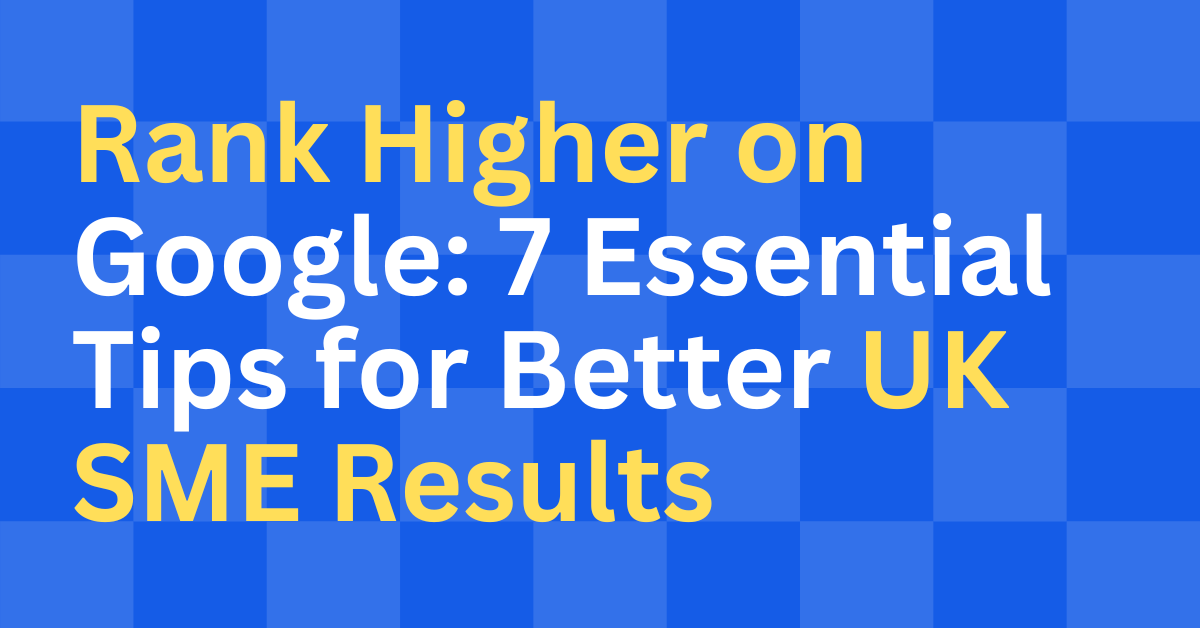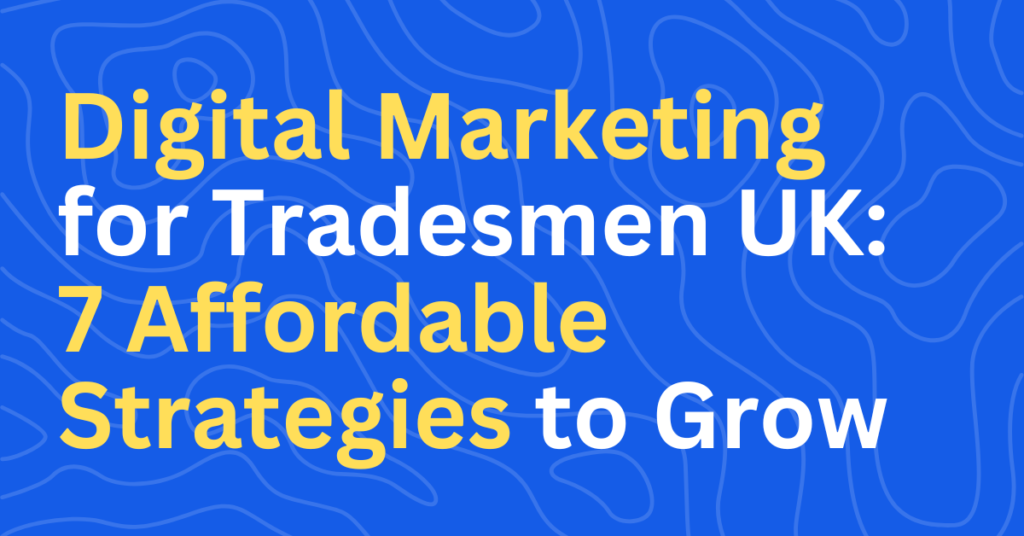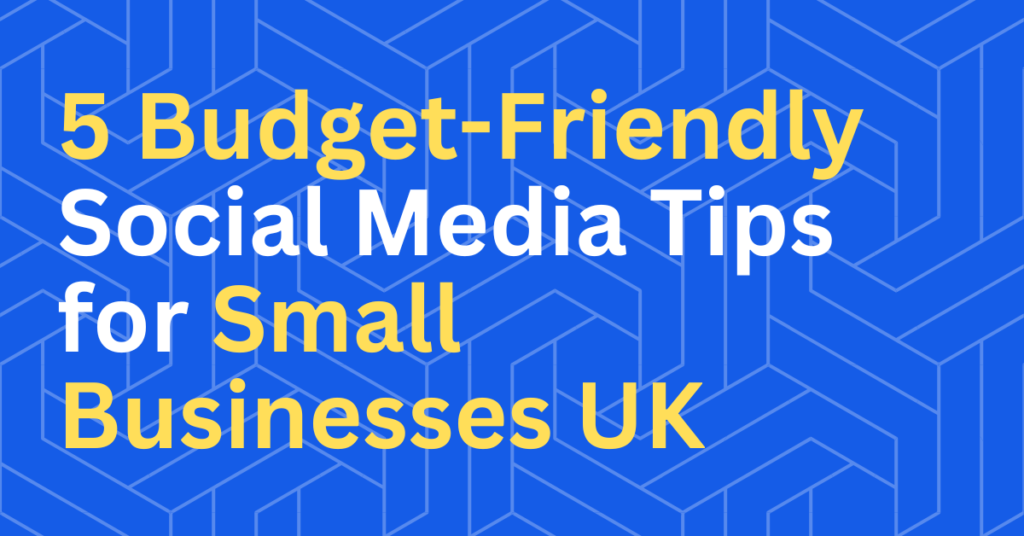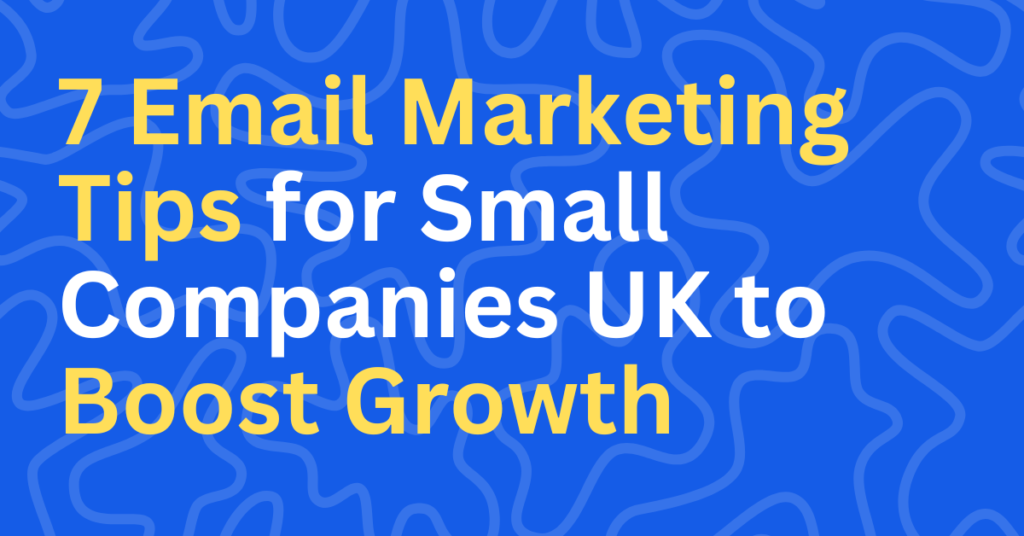If you’re running a small business in the UK, you’ve probably wondered how to get your website to rank higher on Google. It’s the golden ticket, isn’t it? More visibility means more clicks, more customers, and ultimately, more growth. But let’s be honest. SEO can feel like a bit of a maze. Algorithms shift, competitors pop up, and suddenly you’re left wondering why your site’s stuck on page five. Don’t worry, though. This guide’s here to cut through the noise with seven actionable tips to help you rank higher on Google, blending online tactics with a splash of real-world know-how. Whether you’re a café in Cardiff or a plumber in Preston, these strategies are designed for you: practical, affordable, and tailored to small UK businesses.
Start with Keyword Research That Speaks to Your Customers
To rank higher on Google, you need to know what your customers are searching for. Keyword research isn’t about guessing. It’s about digging into the words and phrases your audience types into that search bar. Think about a local bakery. Are people searching for “best cakes in Leeds” or “custom birthday cakes near me”? Tools like Google Keyword Planner (free with a Google Ads account) or paid options like Ahrefs can show you what’s trending in your area.
Focus on long-tail keywords, specific phrases like “affordable plumber in Manchester”, because they’re less competitive and more likely to convert. Moz has a cracking guide on this, showing how these terms can boost your chances to rank higher on Google. Once you’ve got your list, sprinkle them naturally into your site’s content, from homepage headlines to blog posts like this one. It’s about matching what you offer to what people need, plain and simple.
Optimise Your Website for Speed and Mobile Users
Ever clicked a site that takes ages to load? Chances are you didn’t stick around. Google knows this too, which is why site speed and mobile-friendliness are massive factors in ranking higher on Google. A slow site frustrates users and sends a signal to Google that you’re not worth the top spot. Use Google’s PageSpeed Insights to check how your site’s performing. It’s free and gives you specific fixes.
For small UK businesses, mobile optimisation is non-negotiable. Over half of searches happen on phones, according to Statista. If your site’s clunky on a mobile, you’re losing customers. A café saw more visitors after shrinking image sizes and ditching heavy plugins. Simple tweaks, big results. Need help? You can get in touch with us for a quick audit.
Claim and Polish Your Google Business Profile
Your Google Business Profile (GBP) is your shop window on Google. It’s free, it’s powerful, and it’s a shortcut to rank higher on Google, especially for local searches. Claim your profile at Google Business, fill in every detail (address, hours, phone number), and add some cracking photos of your business. A butcher in Bristol doubled their foot traffic just by keeping their GBP updated with holiday hours and new product shots.
Encourage happy customers to leave reviews too. Google loves fresh, positive feedback. It’s a trust signal that can nudge you up the rankings. Search Engine Journal dives deeper into this, showing how a polished GBP boosts local SEO. Tie this into real-world efforts. Pop a “Leave us a review!” sign by your till. It’s a brilliant blend of digital and physical that works.
Create Content That Solves Problems and Engages
Content is king, right? Well, only if it’s useful. To rank higher on Google, your website needs pages that answer questions or solve problems for your audience. Blogs, how-to guides, or FAQs work wonders. Say you’re a florist. Write about “How to Choose Wedding Flowers on a Budget” and weave in your services naturally. Google rewards content that keeps people reading, so aim for depth and value.
HubSpot’s research shows that longer, well-structured posts (like this one) tend to rank higher on Google because they cover topics thoroughly. Link this to real life by hosting a quick workshop or sharing tips at a local event, then write about it. If you’re stuck for ideas, our piece on data-driven marketing tips might spark some inspiration.
Build Local Backlinks from Trusted UK Sources
Backlinks, links from other websites to yours, are like votes of confidence in Google’s eyes. The more quality backlinks you have, the better your chances to rank higher on Google. For small UK businesses, local links are gold. Reach out to nearby blogs, newspapers, or business directories like Yell and ask to be featured. A café got a boost after a local food blogger linked to their site. Simple outreach, big reward.
Forbes has a great piece on ethical link-building, stressing quality over quantity. Avoid spammy sites. Google’s clever enough to spot them. Tie this to the real world by sponsoring a community event. Often, you’ll snag a link from their site as a bonus.
Use On-Page SEO to Make Google’s Job Easy
On-page SEO is about tweaking what’s on your site to help Google understand it. To rank higher on Google, every page needs a clear title tag (under 65 characters), a meta description (under 160 characters), and headers (like the H2s here) with your focus keyword. For example, a plumber’s homepage might have a title like “Affordable Plumbing in London | Fast Service” and a description like “Need a plumber in London? We offer fast, affordable fixes. Call now!”
Images matter too. Name them descriptively (e.g., “london-plumber-fixing-pipe.jpg”) and add alt text like “Plumber repairing a pipe in London.” Smart Insights explains this brilliantly. Test it yourself. A retailer saw their product pages climb after renaming blurry “img123.jpg” files. It’s a small tweak that shouts professionalism.
Track and Tweak with Analytics Tools
You can’t rank higher on Google if you don’t know what’s working. Tools like Google Analytics and Google Search Console are your best mates here. They show you which pages are pulling visitors, where they’re dropping off, and what keywords are driving traffic. A small shop noticed most clicks came from “cheap candles near me”, so they doubled down on that phrase. Sales spiked.
Hootsuite’s guide breaks down how to read these tools without a headache. Pair this with real-world feedback. Ask customers how they found you. If you’re unsure where to start, contact us for a hand setting up tracking.
Keep Climbing the Ranks and Get Support
Ranking higher on Google isn’t a one-and-done job. It’s a journey. Start with these seven tips, track your progress, and tweak as you go. Check Google Analytics monthly to see which pages are climbing and where you can improve. Maybe your keyword game’s strong but your site speed’s lagging. Focus there. A café owner tracked their GBP reviews and saw a steady rise in bookings after pushing for more feedback. Small wins add up.
Need a boost? At Ball and Bence, we’re here to help UK small businesses like yours rank higher on Google with tailored SEO support. Reach out via the form below. We’d love to chat about getting your site to the top. Let’s make your business the one everyone finds first.




